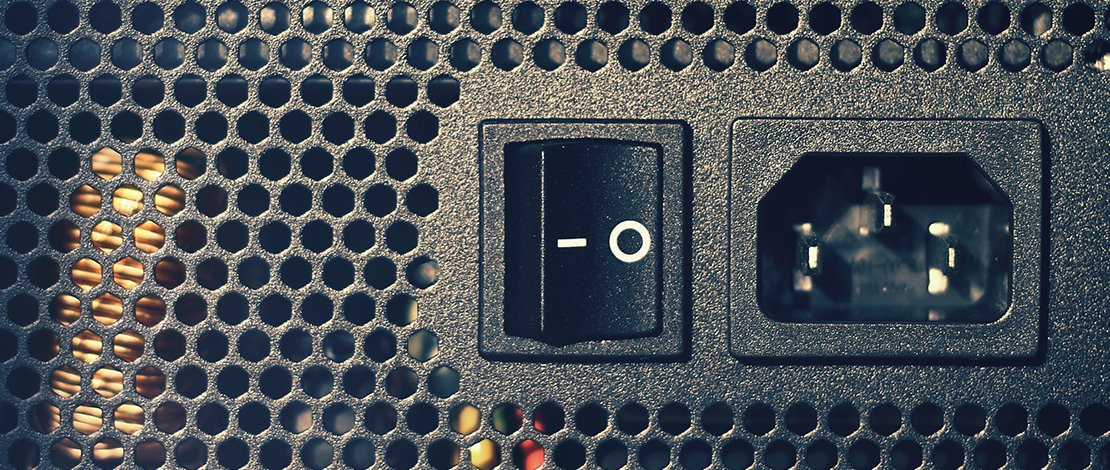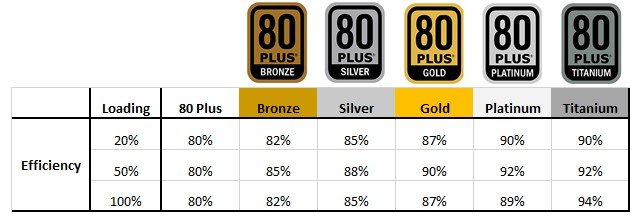How Long Should a PSU Last?

If you’re building a PC for gaming, the Power Supply Unit should be picked with utmost consideration, and not be kept an afterthought. The PSU is responsible for converting mains AC voltage to DC for your computer’s internal systems, and grounds the system.
PSUs from most mainstream vendors are high quality and will easily accompany 5-10 year warranties. A good PSU can easily outlast your PC and can still be functional for future builds. A few things to consider when buying a PSU to ensure flawless function and longevity are:
Power Usage
The first thing you need to be aware of is the maximum power your PC will require. If you’re going to game with NVidia’s new GPUs here’s a brief overview of their TDPs and their recommended PSU wattage.
As a rule, you should aim for a PSU which is rated for at least 20% more than your maximum power draw. This ensures that the PSU is not strained even when you’re running your PC at maximum capacity.
Future Upgrades should also be kept in mind, if you have plans for them, as you’d not want to buy a separate PSU for them.
PSU Ratings
An overview of PSU efficiency is given by its rating. 80 Plus rating denotes that the PSU converts at least 80% of AC power supplied to it, into DC. If you want a long-lasting PSU, get 80 plus rated units.
Similarly, a metal rating alongside the efficiency rating signifies how much more efficiency you can expect, but at higher costs. A brief comparison is shown below.

Image Source: VelocityMicro
For most household uses, a bronze or silver rated PSU is sufficient while the higher ends are better suited for workstations and servers, as minor efficiency gains can lower power draw.
A more efficient PSU will lower your power usage and thus your power bill. Similarly, power lost is dissipated as heat which further lowers your PC performance. A more efficient PSU can lead to your PC running cooler as less power is lost to entropy.
Again, more efficiency means less strain on the PSU and as a result on your PC.
PSU Protection Measures
Some manufacturers add additional features which can protect your PSU and PC in the event of unforeseen malfunctions. These additions do add to the cost, but can give you comfortable protection against accidents, while also ensuring your PSU will last longer.
The most common type of fail-safes are:
- Over Current Protection: Found in all PSUs with +12V rails. It triggers when the current in the rails surpasses a set limit and protects the rails from damage.
- Over Voltage and Under Voltage Protection: OVP for rails is common but UVP is more of an additional option. Both protect the rails by monitoring the current voltage.
- Over Power Protection: As the name implies, it protects the PSU if a current larger than the rated power is supplied. Usually, a minor margin of ~50W above the rated power is given by manufacturers before the OPP kicks in.
- Over Temperature Protection: Again, as implied, the OTP protects against high temperatures. It is usually lacking in most PSUs, but buying one with it can ensure the PSU’s longevity.
- Short Circuit Protection: Protects against short circuits. Present in nearly all branded PSUs.
All things considered, if you get a decent PSU from a reputed vendor, you can expect it to last at least 5 years. Some PSUs even come with 10 year warranties but that depends on how much you’re willing to spend, and how much wiggle room you want for future upgrades.